Floorings: Laminate vs Vinyl vs Porcelain vs Engineered Wood | Which is Better? This will Pros, cons, differences, feel, durability, designs, pricing, resale value, Top manufacturers, shops near you. Lets find out more in this article!
- Difference between Vinyl, Laminate, Porcelain Engineered Wood Flooring
- Difference Table
- Key Differences: Comparing Laminate vs Vinyl Flooring vs Porcelain Tiles
- Does Laminate Flooring, Vinyl Flooring, Engineered Wood and Porcelain Tiles Feel Comfortable Underfoot?
- What Is the Cost Difference Between Laminate, Luxury Vinyl Plank, Engineered Wood & Porcelain tiles?
- Is Laminate, vinyl plank, engineered wood or porcelain more durable?
- Main Differences Between Laminate, vinyl plank, engineered wood and porcelain tiles
- Vinyl vs Laminate vs Engineered Wood vs Porcelain Flooring for Bathrooms
- Is Vinyl, Laminate, Engineered Wood, Porcelain Flooring Heat and Water Resistant?
- Which Flooring Is Best?
- Conclusion
- Related Topics
Why Should You Trust us?
Here’s what you get out of our article. Our team have various Ceramic Experts with experience of more than 25 Years, researches on problems our customer faces in tiling industry.
Ramirro Ceramica, – One of The Leading Tiles Manufacturer and Supplier globally, helps you people gain knowledgeable insight before making your purchase decision for products related to the floor and wall tiles.
So, we have closely monitored all kinds of trends in the ceramic tiles manufacturing world, from the old days of clay and plain color to modern digital, realistic-looking designs printed on ceramics with high-depth effects.
Our tiling Experts have seen thousands of different tiles patterns, sizes, materials, pricing, and installation techniques throughout their career.
Their expertise shared with you in simplified and organised way, helps you choose and make better decision before purchasing any flooring option available in market.
Brief about Company:
Ramirro is one of the finest Tiles manufacturers in India manufacturing porcelain and ceramic tiles. Our products have a variety of sizes and types of tiles ranging from Ceramics, porcelain, Full body etc. This helps you choose the perfect fit for your project. Plus, our collection will help you get inspiration from the architect’s design.
Here’s some more helpful links that showcase our users trust on Ramirro Ceramica Brand:
– Growth in International Market
– Trusted and Licensed Exporter
– Manufacturing Plant in India
Here’s our social proof by LinkedIn competing with top known global tiling brands:

Difference between Vinyl, Laminate, Porcelain Engineered Wood Flooring
When it comes to choosing the perfect flooring for your home, there are a plethora of options available, each with its unique features and benefits. Vinyl, laminate, porcelain and engineered wood flooring are three popular choices that offer a balance between aesthetics, durability, and cost-effectiveness. In this article, we’ll delve into the key differences between these three types of flooring to help you make an informed decision for your space.
Difference Table
| Aspect | Laminate Flooring | Vinyl Flooring | Porcelain Tiles | Engineered Wood Flooring |
|---|---|---|---|---|
| Material Composition | Synthetic with layers | Synthetic PVC | Ceramic clay | Real wood veneer bonded to layers |
| Appearance | Simulates hardwood | Mimics various surfaces | Wide design options | Authentic wood look |
| Durability | Resistant to scratches | Highly durable | Extremely durable | Durable and stable |
| Water Resistance | Moderate resistance | Excellent resistance | Waterproof | Susceptible to moisture in excess |
| Maintenance | Low-maintenance | Easy to clean | Easy to clean | Requires regular care |
| Installation | Floating or glued down | Floating or glued down | Requires adhesive | Various methods |
| Comfort Underfoot | Firm surface | Cushioned and warm | Hard and cool | Comfortable |
| Versatility | Various designs | Wide range of styles | Many design options | Authentic wood feel |
| Suitable Locations | Dry and low-moisture | All areas including | Indoor and outdoor use | Depends on type of wood |
| Budget | Affordable | Affordable | Wide price range | Moderate to expensive |
| Eco-Friendliness | Contains some materials harmful to the environment | Some variations may emit volatile organic compounds (VOCs) | Environmentally friendly and recyclable | Sourced from sustainably managed forests |
| Top Manufacturers | Formica | Mohawk | Ramirro Ceramica | Armstrong |
| Shop | Online | Offline | Online | Offline | Online | Offline |
Key Differences: Comparing Laminate vs Vinyl Flooring vs Porcelain Tiles
Composition and Materials
- Vinyl Flooring: Vinyl flooring is crafted from synthetic materials, primarily PVC (polyvinyl chloride), which gives it resilience and water resistance. It often comes in sheets or tiles and can replicate the appearance of various materials like wood or stone.
- Laminate Flooring: Laminate consists of multiple layers of compressed materials, with a high-resolution image of wood or tile on the top layer. This provides a realistic appearance while offering greater durability and scratch resistance.
- Engineered Wood Flooring: Engineered wood is constructed with a real wood veneer on top and layers of plywood or high-density fiberboard (HDF) beneath. This offers the genuine beauty of wood with enhanced stability against moisture and temperature changes.
- Porcelain Tiles: Porcelain tiles are fabricated from a blend of fine clay and other natural materials, meticulously compressed and fired at high temperatures. This process results in a dense and durable tile that exhibits remarkable resistance to wear, moisture, and stains. Porcelain tiles are renowned for their ability to mimic the look of natural stone or various artistic designs while maintaining superior strength and longevity.
Appearance and Aesthetics
- Vinyl: Vinyl flooring offers a wide range of designs and patterns. It can convincingly mimic the look of natural materials, making it a versatile option.
- Laminate: Laminate flooring excels in replicating the appearance of hardwood or stone. Its high-resolution images and textured surface make it hard to distinguish from real wood.
- Engineered Wood: Engineered wood boasts the authentic charm of natural wood. The top veneer provides an elegant, genuine appearance that adds warmth to any space.
- Porcelain Tiles: Porcelain tiles are renowned for their captivating appearance and aesthetic versatility. Crafted from a meticulous blend of fine clay and natural materials, these tiles offer an extensive range of designs, patterns, and finishes. Whether replicating the intricate veining of marble, the rustic allure of wood, or unique artistic compositions, porcelain tiles showcase unparalleled attention to detail. Their high-resolution surface allows for exquisite realism, making them a popular choice for achieving a sophisticated and visually appealing ambiance in any space.
Installation Process
- Vinyl: Vinyl flooring is relatively easy to install, often coming in peel-and-stick tiles or planks. It’s a suitable option for DIY projects.
- Laminate: Laminate flooring utilizes a click-and-lock installation system, simplifying the process and making it suitable for those with moderate DIY skills.
- Engineered Wood: Engineered wood can be installed as a floating floor, glued down, or nailed, depending on the specific product. Professional installation is recommended due to its complexity.
- Porcelain Tiles: The installation process for porcelain tiles is characterized by its meticulous and precise nature. These tiles, crafted from a blend of fine clay and natural materials, demand careful handling during installation. First, a level and sturdy subfloor are essential to ensure a flawless finish.The installation typically involves applying a specialized thin-set mortar or adhesive to securely bond the porcelain tiles to the substrate. These tiles can be set in various patterns, from classic grids to intricate mosaics, allowing for creative freedom in design.After the tiles are laid in place, grout is meticulously applied to fill the gaps and create a seamless, uniform surface. The grouting process requires attention to detail, ensuring that the lines are clean and consistent.Once the installation is complete, the tiles may require sealing to enhance their longevity and resistance to stains and moisture. This installation process, marked by precision and craftsmanship, results in a stunning and long-lasting porcelain tile floor or wall that enhances the beauty and functionality of any space.
Durability and Longevity
- Vinyl: Vinyl flooring is highly durable and resistant to moisture, making it suitable for high-traffic areas and spaces prone to spills.
- Laminate: Laminate is durable and resistant to scratches, fading, and stains. However, excessive moisture can cause damage over time.
- Engineered Wood: Engineered wood offers excellent dimensional stability, making it less susceptible to expansion and contraction. It’s a good choice for areas with fluctuating humidity levels.
- Porcelain Tiles: Durability and longevity are hallmarks of porcelain tiles, stemming from their meticulous craftsmanship and composition. These tiles are forged from a blend of fine clay and natural materials, then fired at high temperatures to create an exceptionally dense and robust structure.The durability of porcelain tiles makes them highly resistant to wear and tear, making them suitable for high-traffic areas in residential and commercial settings. They excel in maintaining their appearance even in the face of heavy foot traffic, making them an enduring choice for flooring.Moreover, porcelain tiles exhibit remarkable resistance to moisture, stains, and scratches, which further enhances their longevity. Their ability to withstand the test of time is a testament to their quality and craftsmanship. Whether used in kitchens, bathrooms, or outdoor spaces, porcelain tiles continue to radiate beauty and functionality year after year, making them a long-lasting investment in the aesthetics and functionality of any environment.
Maintenance and Care
- Vinyl: Vinyl flooring requires minimal maintenance. Regular sweeping and occasional mopping are usually sufficient to keep it clean.
- Laminate: Laminate flooring is easy to maintain, requiring routine cleaning to prevent dust and debris buildup.
- Engineered Wood: Engineered wood can be cared for like solid hardwood, with routine cleaning and occasional refinishing to maintain its luster.
- Porcelain tiles are celebrated for their outstanding durability and longevity, thanks to their meticulous craftsmanship and robust composition. Crafted from a blend of fine clay and natural materials, these tiles require minimal maintenance and care. Routine cleaning involves simple tasks like sweeping or using a damp mop with a mild detergent, making them resistant to stains and moisture. Unlike some other flooring options, porcelain tiles do not require regular sealing, and their non-porous surface ensures they maintain their appearance even in high-traffic areas. With minimal effort, porcelain tiles offer a long-lasting and hassle-free solution that enhances both the aesthetics and functionality of any space.
Environmental Considerations
- Vinyl: Vinyl production can have environmental impacts due to the use of PVC and potential off-gassing of volatile organic compounds (VOCs).
- Laminate: Laminate production involves fewer natural resources compared to solid wood, but the adhesives and resins used may emit low levels of VOCs.
- Engineered Wood: Engineered wood is considered more environmentally friendly as it utilizes less solid wood and can be made from sustainable sources.
- Porcelain tiles are a conscientious choice when it comes to environmental considerations. Crafted from a blend of fine clay and natural materials, their manufacturing process often incorporates sustainable practices. The durability of porcelain tiles significantly reduces the need for replacements, minimizing waste over time. Additionally, their resistance to moisture and stains means that harsh chemical cleaners are seldom necessary, promoting a healthier indoor environment. Furthermore, the non-porous surface of porcelain tiles contributes to improved indoor air quality, as it does not harbor allergens or pollutants. Overall, porcelain tiles demonstrate a commitment to environmental responsibility through sustainable production, longevity, and their capacity to foster a healthier living space.
Comfort and Feel
- Vinyl: Vinyl offers a softer and warmer underfoot feel, making it comfortable to walk on for extended periods.
- Laminate: Laminate provides a harder surface compared to vinyl but is still softer and warmer than tiles or natural stone.
- Engineered Wood: Engineered wood offers the warmth and comfort of real wood, making it a cozy option for living areas and bedrooms.
- Porcelain tiles strike a balance between durability and comfort. While they are renowned for their robustness, crafted from a blend of fine clay and natural materials, they also offer a pleasant underfoot feel. Their dense composition provides stability and support, making them comfortable to walk on for extended periods. Moreover, porcelain tiles maintain a consistent temperature, adapting to the ambient climate, offering a cozy sensation in colder months and a refreshing coolness during the summer. Their smooth, non-porous surface lends a sleek and clean tactile experience, enhancing the overall comfort and feel of any space.
Cost Comparison
- Vinyl: Vinyl flooring is generally the most affordable option among the three.
- Laminate: Laminate is moderately priced and offers good value for its durability and realistic appearance.
- Engineered Wood: Engineered wood falls between laminate and solid hardwood in terms of cost, offering the look of hardwood at a more budget-friendly price.
- Porcelain Tiles: Porcelain tiles, while often considered a premium choice for flooring and surfaces, provide an excellent long-term value. Their upfront cost may be higher compared to some other materials, but their remarkable durability and longevity result in reduced maintenance and replacement expenses over time, making them a cost-effective investment.
Resale Value
- Vinyl: While vinyl flooring is practical and cost-effective, it may not significantly impact a home’s resale value.
- Laminate: Laminate flooring can enhance the visual appeal of a home, potentially positively affecting its resale value.
- Engineered Wood: Engineered wood’s genuine wood aesthetics can contribute to a home’s value, similar to solid hardwood.
- Porcelain Tiles: Porcelain tiles, often considered a premium choice, can positively impact a home’s resale value due to their durability, aesthetic versatility, and long-lasting appeal. The investment in porcelain tiles can be a selling point for potential buyers.
Suitability for Different Areas
- Vinyl: Vinyl is excellent for moisture-prone areas like bathrooms and kitchens due to its water resistance.
- Laminate: Laminate is suitable for various areas except those prone to excessive moisture, like bathrooms.
- Engineered Wood: Engineered wood can be used in most areas of the home, including areas with slight moisture exposure.
- Porcelain Tiles: Porcelain tiles are highly versatile and suitable for nearly every area of a home. They excel in moisture-prone areas such as bathrooms and kitchens due to their exceptional water resistance. Additionally, they are a smart choice for high-traffic areas like living rooms and hallways, as well as outdoor spaces, where their durability and aesthetic versatility shine.
Potential Drawbacks
- Vinyl: Vinyl can be susceptible to gouges and tears from sharp objects.
- Laminate: Laminate can be damaged by excessive moisture or water spills.
- Engineered Wood: Engineered wood’s top layer can be prone to scratching, and it may not have the same lifespan as solid hardwood.
- Porcelain Tiles: Porcelain tiles are generally durable, but they can be brittle and may crack or chip if heavy objects are dropped on them but if you have install full body or through body porcelain tiles you would not have any chipping or cracking issue. Additionally, their hardness can make them less comfortable to stand on for extended periods.
Does Laminate Flooring, Vinyl Flooring, Engineered Wood and Porcelain Tiles Feel Comfortable Underfoot?
Certainly, when it comes to the tactile sensation underfoot, the comfort of Laminate Flooring, Vinyl Flooring, Engineered Wood, and Porcelain Tiles can vary. Laminate Flooring, known for its affordability and versatility, tends to have a firmer and slightly cooler feel. Vinyl Flooring, on the other hand, often offers a softer and more cushioned surface, making it more comfortable for extended periods of standing or walking. Engineered Wood strikes a balance, providing a natural wood appearance with a relatively comfortable feel. Lastly, Porcelain Tiles, prized for their durability and style, tend to be cooler and harder underfoot, which some may find less comfortable, especially in colder climates but has other benefits which other types of flooring option doesn’t have it. Ultimately, the comfort factor can be influenced by factors like underlayment and personal preferences, so it’s wise to consider these aspects when choosing the flooring that suits your needs and comfort preferences best.
What Is the Cost Difference Between Laminate, Luxury Vinyl Plank, Engineered Wood & Porcelain tiles?
Certainly, when it comes to comparing the costs of Laminate, Luxury Vinyl Plank (LVP), Engineered Wood, and Porcelain tiles, there are distinct variations to take into account. Laminate flooring generally stands out as the most cost-effective option among these selections. It provides an affordable alternative to hardwood, offering pleasing aesthetics without a hefty price tag. Luxury Vinyl Plank, though pricier than laminate, offers a good balance between cost and quality. LVP can emulate the appearance of hardwood or natural stone while remaining relatively budget-friendly. Engineered Wood, while more expensive than laminate and LVP, delivers the authentic look of real wood at a lower cost compared to solid hardwood. Lastly, Porcelain tiles tend to be the costliest option, reflecting their durability of 10-20 years and upscale aesthetic. These tiles are an investment in both style and longevity, making them suitable for high-traffic areas. Your budget and specific aesthetic and performance preferences should guide your choice among these flooring options.
Is Laminate, vinyl plank, engineered wood or porcelain more durable?
When it comes to choosing a durable flooring option, it can be overwhelming to decide between laminate, vinyl plank, engineered wood, or porcelain. Each material has its own set of characteristics that contribute to its durability. Laminate flooring is made of fiberboard with a photographic layer on top, which makes it highly resistant to scratches and stains. However, it is not as resistant to moisture as other options, making it less suitable for areas prone to spills or high humidity. On the other hand, vinyl plank flooring is extremely durable and waterproof. It can withstand heavy foot traffic, spills, and even moisture, making it an excellent choice for kitchens and bathrooms. Additionally, vinyl plank flooring comes in a wide range of styles and colors, allowing homeowners to achieve the desired aesthetic without compromising durability.
Engineered wood flooring combines the beauty of natural hardwood with added durability. It is made of several layers of wood, which makes it resistant to changes in temperature and humidity. Engineered wood can also be refinished to remove scratches and dents, extending its lifespan. However, it is important to note that engineered wood is not completely impervious to moisture, and care must be taken to prevent water damage. Finally, porcelain flooring is one of the most durable options available. It is highly resistant to scratches, stains, and moisture, making it suitable for any area of the home.
Porcelain tiles are fired at a high temperature, which makes them extremely strong and long-lasting. They are also easy to clean and maintain, making them ideal for high-traffic areas or homes with children or pets. In conclusion, all of these flooring options have their own unique advantages and levels of durability. While laminate and engineered wood offer excellent resistance to scratches and stains, vinyl plank and porcelain are more superior in terms of moisture resistance and overall durability. The choice ultimately depends on the specific needs and priorities of the homeowner, as well as the location and intended use of the flooring.
Main Differences Between Laminate, vinyl plank, engineered wood and porcelain tiles
Laminate, vinyl plank, engineered wood, and porcelain tiles are all popular flooring options, but they have some key differences. Laminate flooring is a cost-effective option that mimics the appearance of hardwood or tile. It consists of a core made from high-density fiberboard (HDF) and a photographic image layer on top. Vinyl plank flooring, on the other hand, is made from PVC, making it waterproof and more resistant to scratches and stains than laminate. It comes in various styles and can replicate the look of hardwood, tile, or stone. Engineered wood flooring consists of multiple layers, with a veneer of real hardwood on top. This makes it more durable and moisture-resistant than solid hardwood, but it can still be affected by water damage. Porcelain tiles, on the other hand, are made from dense clay and fired at high temperatures, resulting in a hard, durable surface. They are resistant to moisture, scratches, and stains, making them suitable for high-traffic areas and even outdoor use. The main differences between these flooring options lie in their composition, durability, water resistance, and aesthetic appearance. When choosing between them, it is important to consider factors such as budget, maintenance requirements, lifestyle, and personal preference.
Vinyl vs Laminate vs Engineered Wood vs Porcelain Flooring for Bathrooms
When it comes to choosing the right flooring for your bathroom, there are several options to consider. Vinyl, laminate, engineered wood, and porcelain are all popular choices for bathroom flooring. Vinyl flooring is a cost-effective option that is easy to install and maintain. It is water-resistant and durable, making it a suitable choice for bathrooms. Laminate flooring, on the other hand, is also affordable and easy to install. It is not as water-resistant as vinyl, but with proper sealing, it can be a good option for bathrooms. Engineered wood flooring offers the beauty of real wood with added durability. It is made from layers of wood that are pressed together, making it more resistant to moisture compared to solid wood. However, it is important to ensure that the engineered wood flooring has a protective finish to prevent water damage.
Porcelain flooring is a popular choice for bathrooms due to its water resistance and durability. It is available in a wide range of styles and designs, allowing homeowners to create a unique look for their bathroom. While all of these flooring options have their advantages, it is important to consider factors such as budget, maintenance, and personal preference when making a decision.
Is Vinyl, Laminate, Engineered Wood, Porcelain Flooring Heat and Water Resistant?
Vinyl, laminate, engineered wood, and porcelain are all popular flooring options, but are they heat and water resistant? Vinyl flooring is known for its water resistance, making it a great choice for areas prone to moisture, like bathrooms and kitchens. However, it is not heat resistant and can get damaged under extreme temperatures. Laminate flooring, on the other hand, is not as water resistant as vinyl. It can withstand small spills but should not be exposed to excessive moisture. Laminate flooring is also not heat resistant and can warp or buckle under high temperatures. Engineered wood flooring is more water resistant than traditional hardwood, but it is still not suitable for areas with constant moisture. High humidity and standing water can cause it to swell and warp. Similarly to vinyl and laminate, engineered wood is not heat resistant.
Porcelain flooring, on the other hand, is both heat and water resistant. It is highly durable and can withstand extreme temperatures and moisture, making it ideal for areas that are exposed to heat and moisture, such as bathrooms and kitchens. Overall, while vinyl, laminate, and engineered wood have some resistance to water, they are not heat resistant. Porcelain flooring, however, provides both heat and water resistance, making it a more versatile and durable choice.
Which Flooring Is Best?
Choosing between vinyl, laminate, porcelain and engineered wood depends on your specific needs, budget, and the areas you intend to install the flooring. Here are checklist you need to flow:
– Area of Installation
– Traffic
– Weather
– Moisture
– Mold free environment
– Temperature
In my personal experience, Porcelain tiles will perform better in hot and rainy weather which can withstand high foot traffic and will have longer lifespan whereas it might feel cold to feet in cold weather. So when compared cost it will be initially at higher side but seeing its durability we can divide its cost per year which will be divided approx. value of 10 to 20 years.
Conclusion
In the end, the choice between vinyl, laminate, and engineered wood flooring boils down to your preferences and requirements. Consider factors such as budget, aesthetics, durability, and maintenance to make the best decision for your home. If you are looking for Best quality porcelain tiles I would recommend you to choose Ramirro Ceramic tiles as for your reference you can check out what customer say about Ramirro online. Ramirro Ceramica provides free tiling expert advice and offers great variety of product for every budget. Let me know which one you would choose as flooring options in the comments below!
-
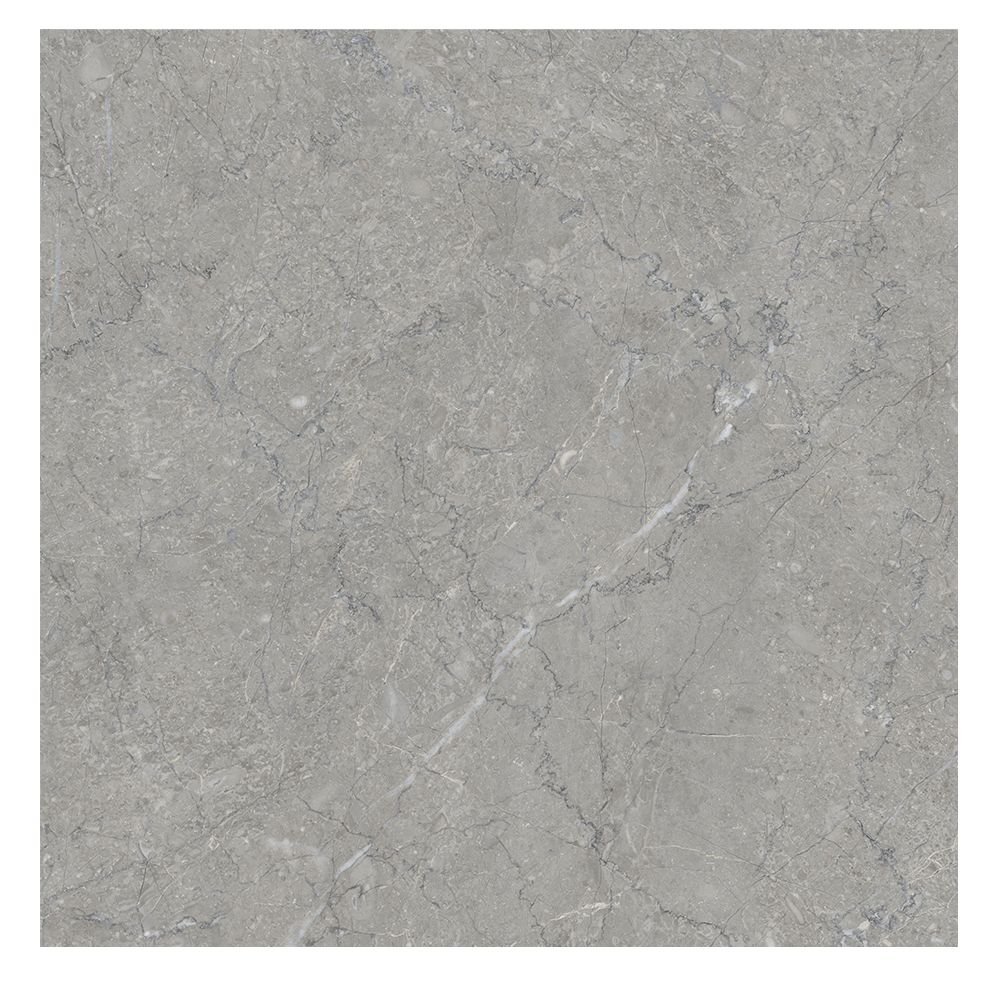 SINTETICO-GREY Marble Look Porcelain Tiles
SINTETICO-GREY Marble Look Porcelain Tiles -
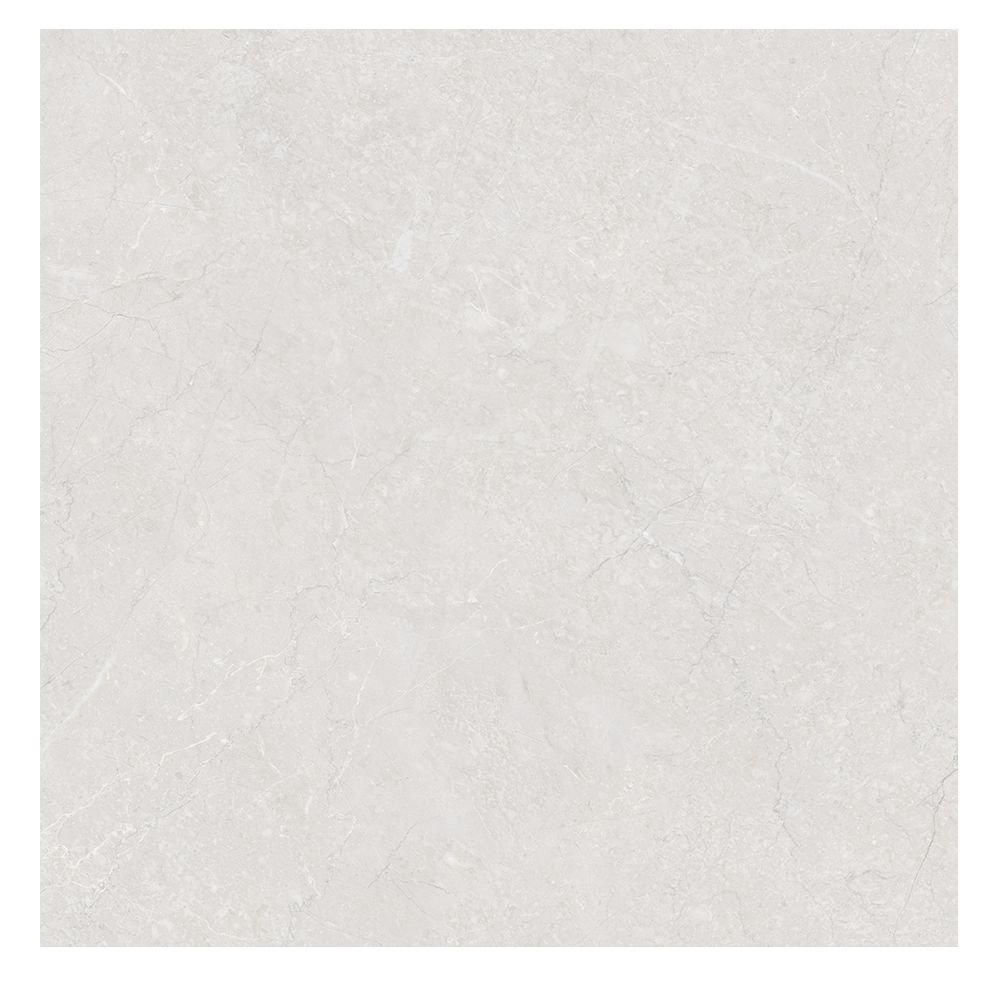 SINTETICO BIANCO Marble Look Porcelain Tiles
SINTETICO BIANCO Marble Look Porcelain Tiles -
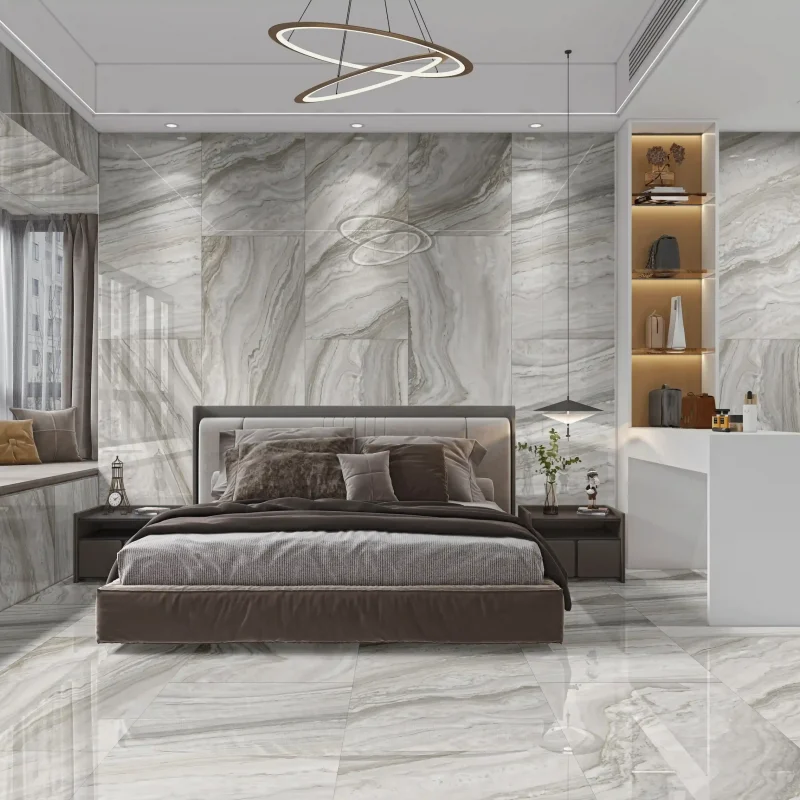 SAHARA-GREY Marble Look Porcelain Tiles
SAHARA-GREY Marble Look Porcelain Tiles -
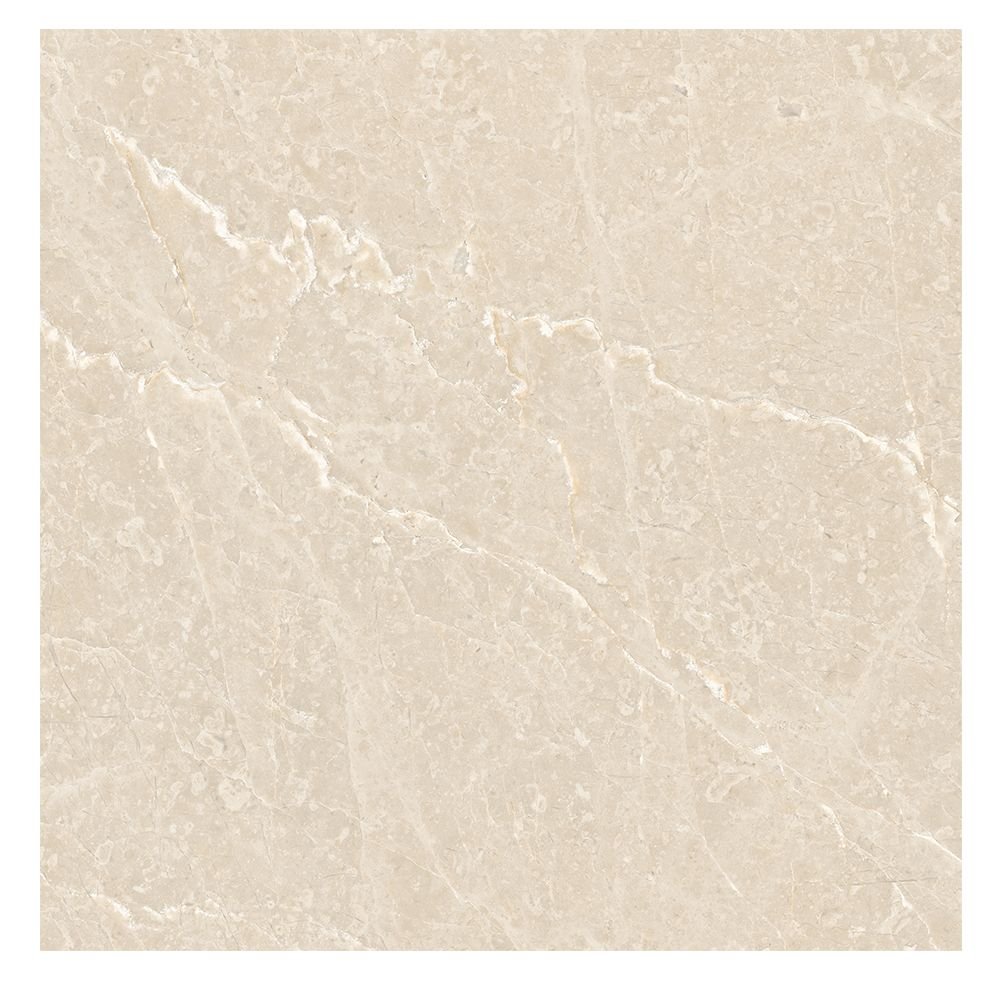 MYSTIQUE CREMA Marble Look Porcelain Tiles
MYSTIQUE CREMA Marble Look Porcelain Tiles -
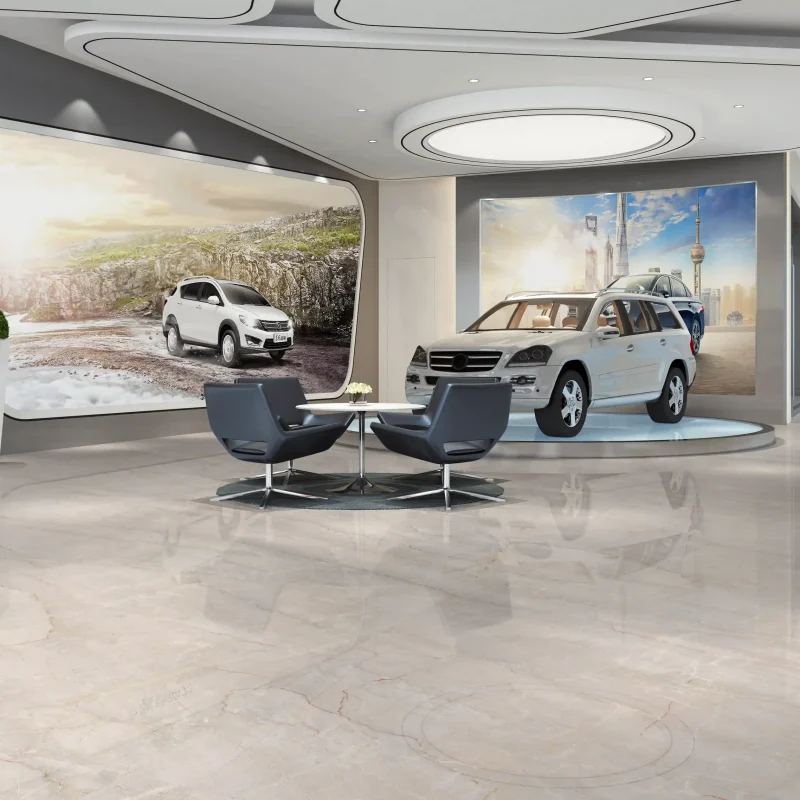 MONTERA RIO Marble Look Porcelain Tiles
MONTERA RIO Marble Look Porcelain Tiles -
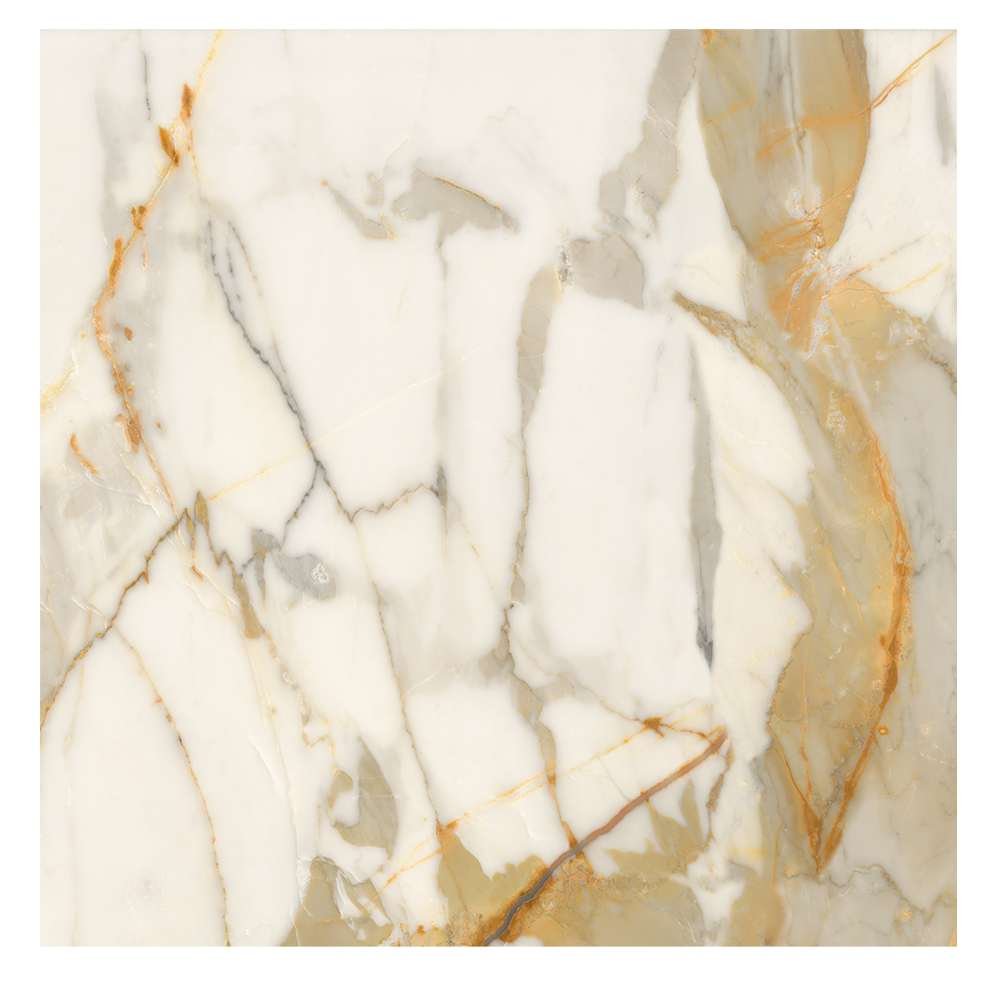 CALCATTA ORO Marble Look Porcelain Tiles
CALCATTA ORO Marble Look Porcelain Tiles -
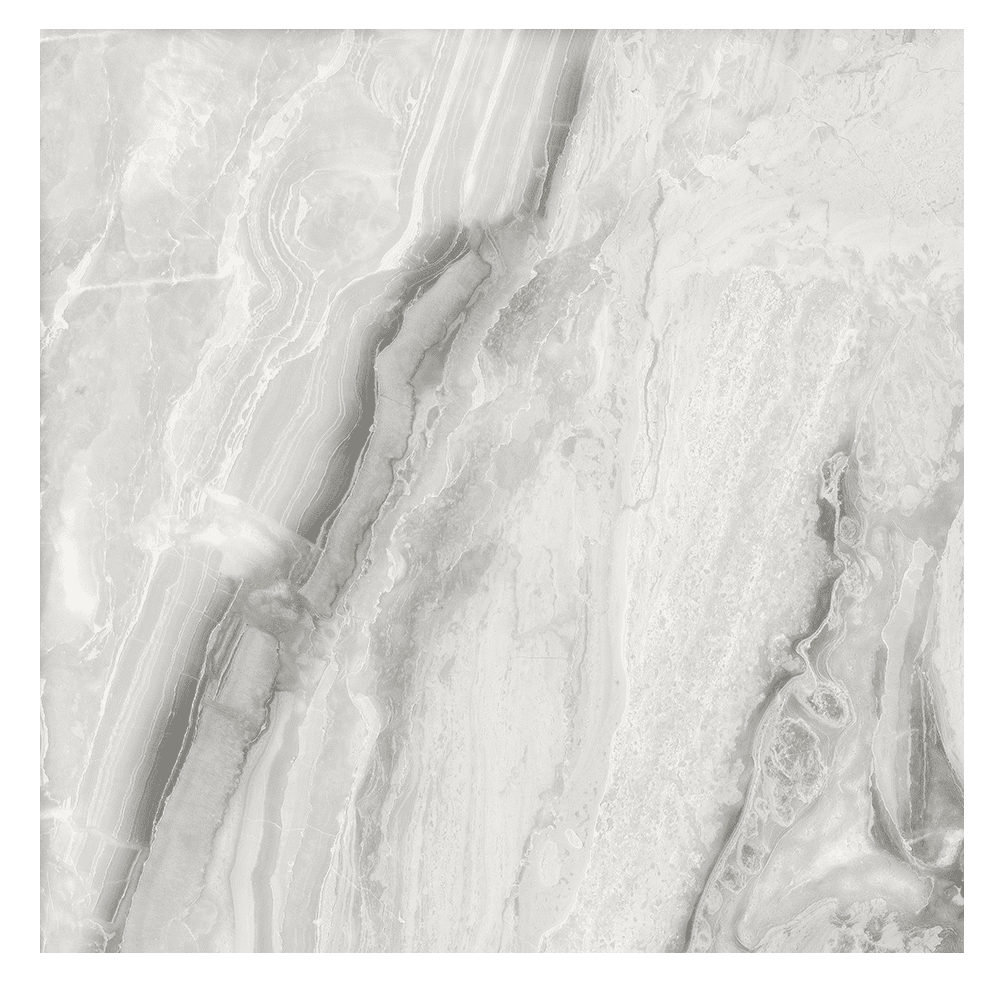 APEN SILVER Marble Look Porcelain Tiles
APEN SILVER Marble Look Porcelain Tiles -
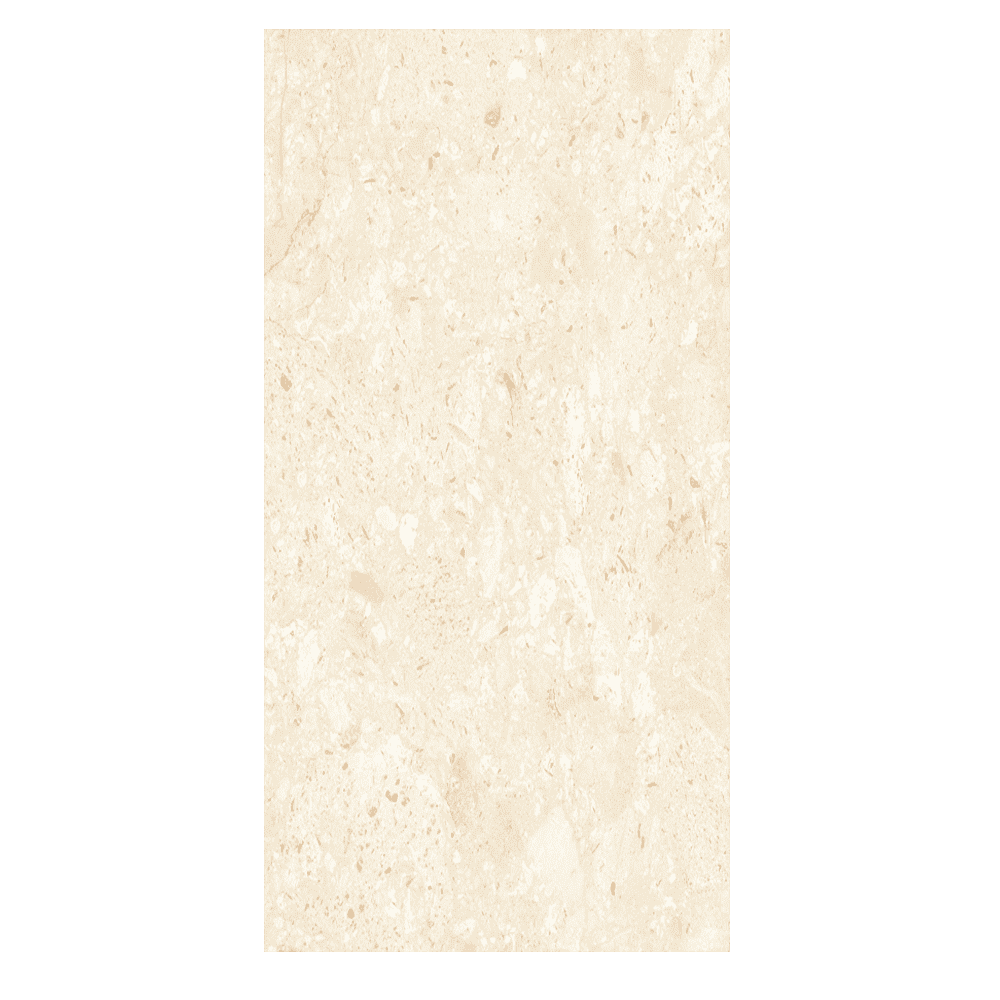 TERRAZZO BEIGE Marble Tile Design for Porcelain
TERRAZZO BEIGE Marble Tile Design for Porcelain -
 TROPICANA WHITE Marble Tile Design for Porcelain
TROPICANA WHITE Marble Tile Design for Porcelain






